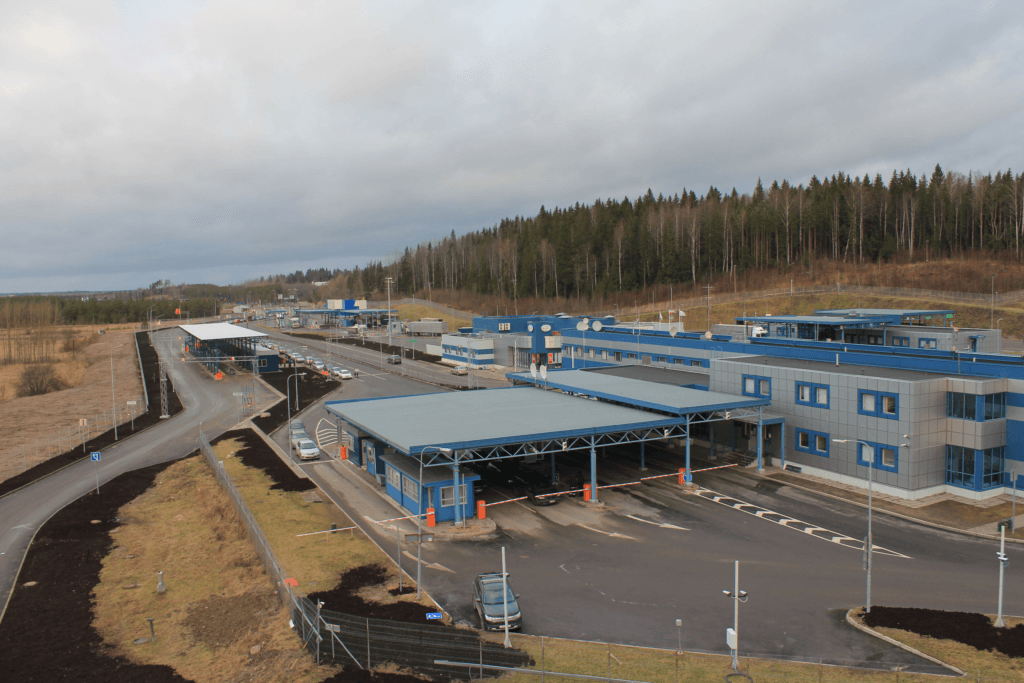
Image: vayla –
Finland is poised to close the majority of its border crossings with Russia, responding to a notable surge in illegal migration. The move, announced by the government, carries significant implications for the transport and logistics sector. Effective from midnight Friday, all but one crossing in Lapland will be shuttered.
This decision adds a layer of complexity to transport and logistics operations, particularly for cross-border cargo movement. The Raja-Jooseppi crossing in northern Finland, the sole remaining open route, now becomes a focal point for the transportation industry. Prime Minister Petteri Orpo highlighted the challenges involved, noting that reaching this crossing “requires a genuine effort.”
The closure of multiple border crossings underscores the critical role of efficient and secure logistics in mitigating disruptions. As the situation unfolds, the transport sector will need to adapt swiftly to navigate the evolving landscape. This includes reevaluating routes, ensuring compliance with new border control measures, and enhancing security protocols.ns
The heightened tensions between Finland and Russia, coupled with the migrant crisis, raise concerns about the impact on trade and supply chains. With a shared border of over 1300 kilometers, disruptions to the flow of goods can have far-reaching consequences. Businesses engaged in cross-border trade will need to reassess their strategies, considering potential delays and logistical challenges.
The plea from Finland for assistance from the European border agency Frontex further underscores the collaborative efforts required to safeguard transport corridors. The logistics community plays a pivotal role in facilitating not only the movement of goods but also in responding to geopolitical developments that influence trade dynamics.vayla.fi
Estonia, facing similar challenges, is also contemplating potential border closures with Russia. The echo of accusations against Russia and the anticipation of a “hybrid attack operation” heighten concerns across the Baltic region. The potential for a domino effect on transport and logistics in neighboring countries emphasizes the interconnected nature of the industry.

